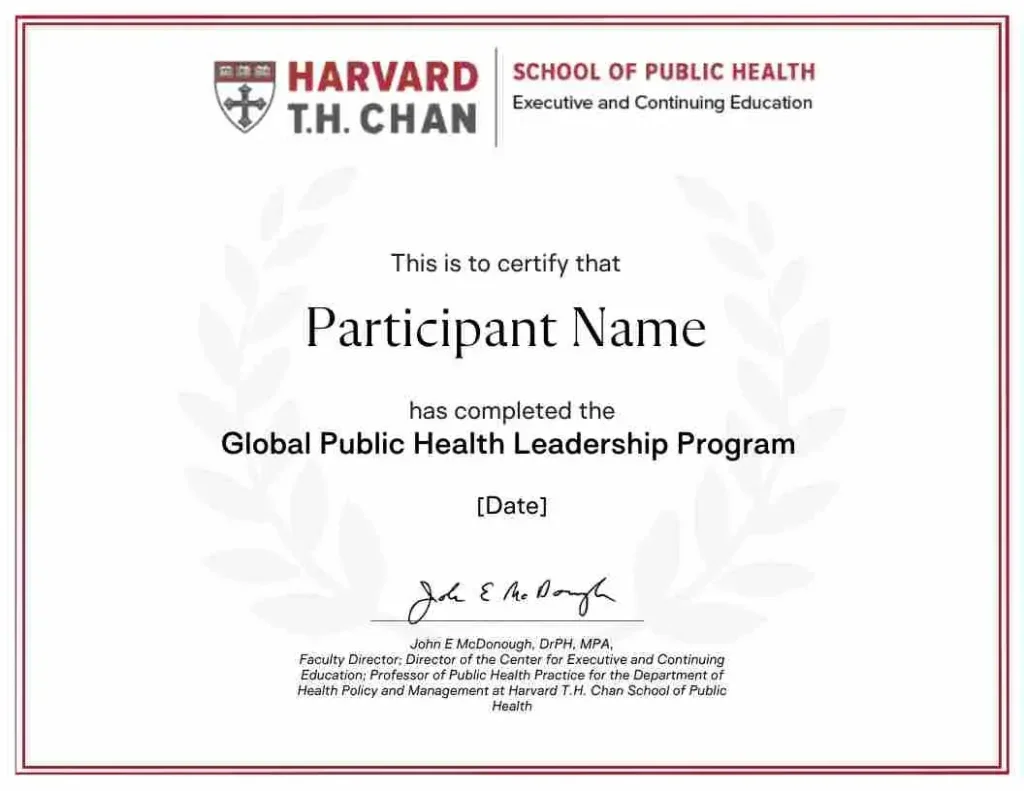Guidelines for Laboratory Design: Health and Safety Considerations (Online)
“The program will definitely benefit me and my organization in various lab renovations we are doing and in building our new institute which we are processing right now. The program far exceeded my expectations.”
—Samaila Shawulu, Architecture, Design and Construction, Institute of Human Virology Nigeria
About the Program
This online program explores the needs of diverse stakeholders to ensure laboratories are safe, free of hazards, ergonomically sound, and environmentally friendly. Virtual laboratory tours ensure you leave the course able to apply what you learned to your organization’s facilities and projects.
Program Fees
- Standard Price $2,600.00
Program Overview
The design and construction of a laboratory, regardless of its use, involves many stakeholders. While providing a safe environment for laboratory users to perform their work is imperative, competing stakeholders’ needs often cause health and safety considerations to be overlooked.
Participating in Guidelines for Laboratory Design: Health and Safety Considerations will help you address this issue by providing you with an understanding of how lab design options impact the health and safety of laboratory users and the environment. With this knowledge, you will be able to incorporate the needs of all stakeholders and ensure your labs are safe, free of health hazards, and promote a healthier environment.
Participants in this program will explore and address health and safety considerations for diverse laboratory types and gain the skills they need to create a safe laboratory environment. This program covers general laboratory design challenges, as well as issues specific to chemistry, microelectronics clean room, engineering, animal, biosafety, clinical, and sustainable laboratories. Participants also address issues with new laboratory construction, renovation, and decommissioning. Implications of COVID-19 on laboratory design will also be discussed.
This course provides a unique opportunity for architects, EHS professionals, engineers, lab users, and lab managers to collaborate on laboratory design.
Upcoming Program Details
Learn practical and cost-effective solutions to renovation and reconstruction issues including:
- Green design and construction
- Decontamination of an existing facility
- Special health and safety precautions in partially occupied buildings undergoing renovation
- Adding energy conservation features
- Case studies of successful reconstructions and details of decisions not to reconstruct will also be presented
- Laboratory ventilation, including fume hoods and other exhaust requirements
- Safety design features include fire protection, electrical systems, emergency equipment and controls, and chemical storage
Guided Laboratory Tours:
The program includes both online and on-campus guided laboratory experiences designed to reinforce course concepts and support real-world application.
The online program features in-depth discussions and virtual walk-throughs led by designers and EHS professionals, highlighting key considerations in the planning and operation of specialized research environments. Laboratory types discussed in greater detail include hospital and clinical laboratories, nanotechnology facilities, and animal and biological research labs.
The on-campus program includes two guided tours at leading Boston institutions. This year’s tours will focus on a nanotechnology facility and a newly developed research and teaching laboratory, giving participants firsthand exposure to contemporary laboratory design, safety, and operational practices. These experiences enable participants to connect course material directly to their own facilities and projects.
Prior guided tours have included:
- Open labs at the MIT Koch Institute
- Animal labs at the MIT Koch Institute
- Clean rooms at Harvard University
- Chemistry research laboratory renovations at Harvard University
- Clinical laboratories at Brigham and Women’s Hospital
All Times are Eastern Time (ET).
| Monday, February 23, 2026 | ||
|---|---|---|
| 10:00–10:15 am | Information on Remote Learning Technology | |
| 10:15–10:45 am | Program Introduction and Overview | |
| 10:45–11:15 am | Health and Safety Codes, Standards, and Environmental Regulations for the Lab | |
| 11:15–11:30 am | Break | |
| 11:30 am–12:30 pm | Lab Design: Programming and Modularity | |
| 12:30–1:00 pm | Break | |
| 2:00–2:15 pm | Break | |
| 2:15–3:15 pm | Loss Prevention and Personal Safety for the Laboratory | Tuesday, February 24, 2026 |
| 10:00–11:00 am | Laboratory Hoods | |
| 11:00–11:15 am | Break | |
| 11:15 am–12:00 pm | Measuring Airflow Effectiveness | |
| 12:00–12:30 pm | Break | |
| 12:30–1:30 pm | Computational Fluid Dynamics (CFD) Assisted Laboratory Design | |
| 1:30–1:45 pm | Break | |
| 1:45–2:30 pm | Yokel | Biosafety Laboratory Planning, Construction and Commission, Part I |
| 2:30–3:15 pm | Biosafety Laboratory Planning, Construction and Commission, Part II | Wednesday, February 25, 2026 |
| 10:00–10:45 am | Animal Laboratory Design and Engineering, Part I | |
| 10:45–11:30 am | Animal Laboratory Design and Engineering, Part II | |
| 11:30–11:45 am | Break | |
| 11:45 am–12:00 pm | Discussion: Harvard Engineering Laboratory | |
| 12:00–12:30 pm | Hazardous Lab Waste Collection | |
| 12:30–1:00 pm | Break | |
| 1:00–2:00 pm | Building Performance and Commissioning | |
| 2:00–2:15 pm | Break | |
| 2:15–3:00 pm | Air & Gas Cleaning Technology for Laboratory Exhaust Lab Air | Thursday, February 26, 2026 |
| 10:00–11:00 am | SESSION & VIRTUAL TOUR: Boston Children's Hospital, Clinical Laboratory | |
| 11:00–11:15 am | Break | |
| 11:15–11:45 am | Laboratory Renovation Diagnostics | |
| 11:45 am–12:15 pm | Lab Decommissioning and Decontamination | |
| 12:15–12:45 pm | Break | |
| 12:45–1:15 pm | Accident Prevention During Renovation | |
| 1:15–1:30 pm | Break | |
| 1:30–2:30 pm | Sustainable Laboratory Design: Construction and Operations | Friday, February 27, 2026 |
| 10:00–11:00 am | Laboratory Ergonomics | |
| 11:00–11:15 am | Break | |
| 11:15–11:45 am | ADA: Lab Occupants with Disabilities | |
| 11:45 am–12:15 pm | Break | |
| 12:15–1:00 pm | Trends in Laboratory Design and Costs | |
| 1:00–1:15 pm | Break | |
| 1:15–2:30 pm | Issues Discussion with GLD Faculty |
This agenda is subject to change.
This program is designed for any professional involved in designing, constructing, renovating, or managing laboratories, including:
- Architects and designers
- Construction managers
- Environment, health, and safety professionals
- Facilities managers
- Laboratory managers
- Laboratory planners
- Project managers
- Scientists, researchers, and other laboratory users
Ideal participants will come from organizations including:
- Architecture firms
- Engineering and construction companies
- Government agencies
- Higher education and research institutions
- Pharmaceutical and biotechnology companies
- Other commercial and noncommercial research organization
Credits & Logistics
All participants will receive a Certificate of Participation upon completion of the program.

Harvard T.H. Chan School of Public Health will grant 2 Continuing Education Units (CEUs) for this program, equivalent to 20 contact hours of education. Participants can apply these contact hours toward other professional education accrediting organizations.
The American Academy of Health Physics will grant 40 Continuing Education Credits for completion of this course.
The Harvard T.H. Chan School of Public Health is a registered provider with the American Institute of Architects Continuing Education Systems. This program is designated for 19.25 LU Hours. In order to receive credit, participants must attend all sessions.
All credits subject to final agenda.

